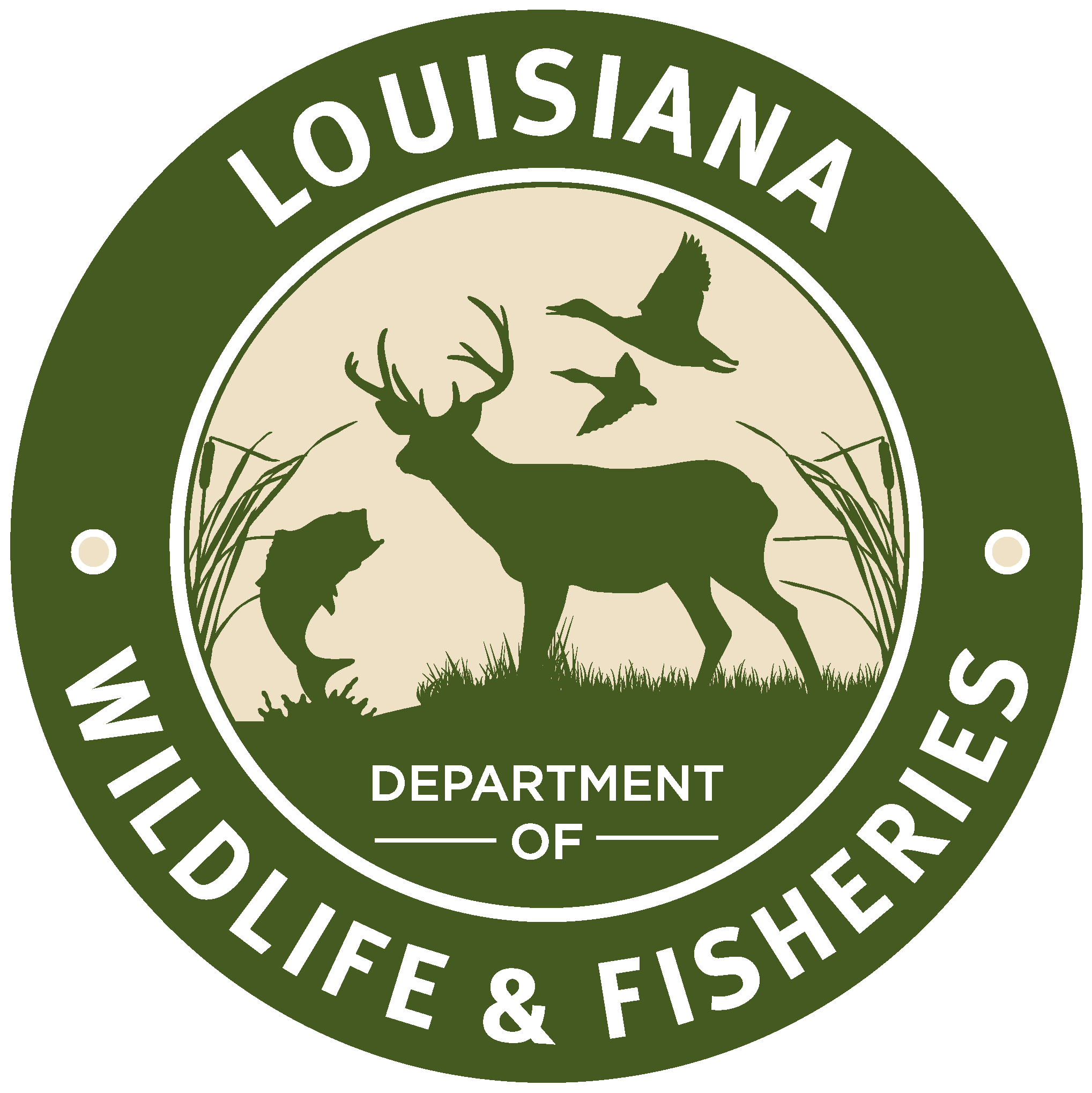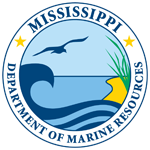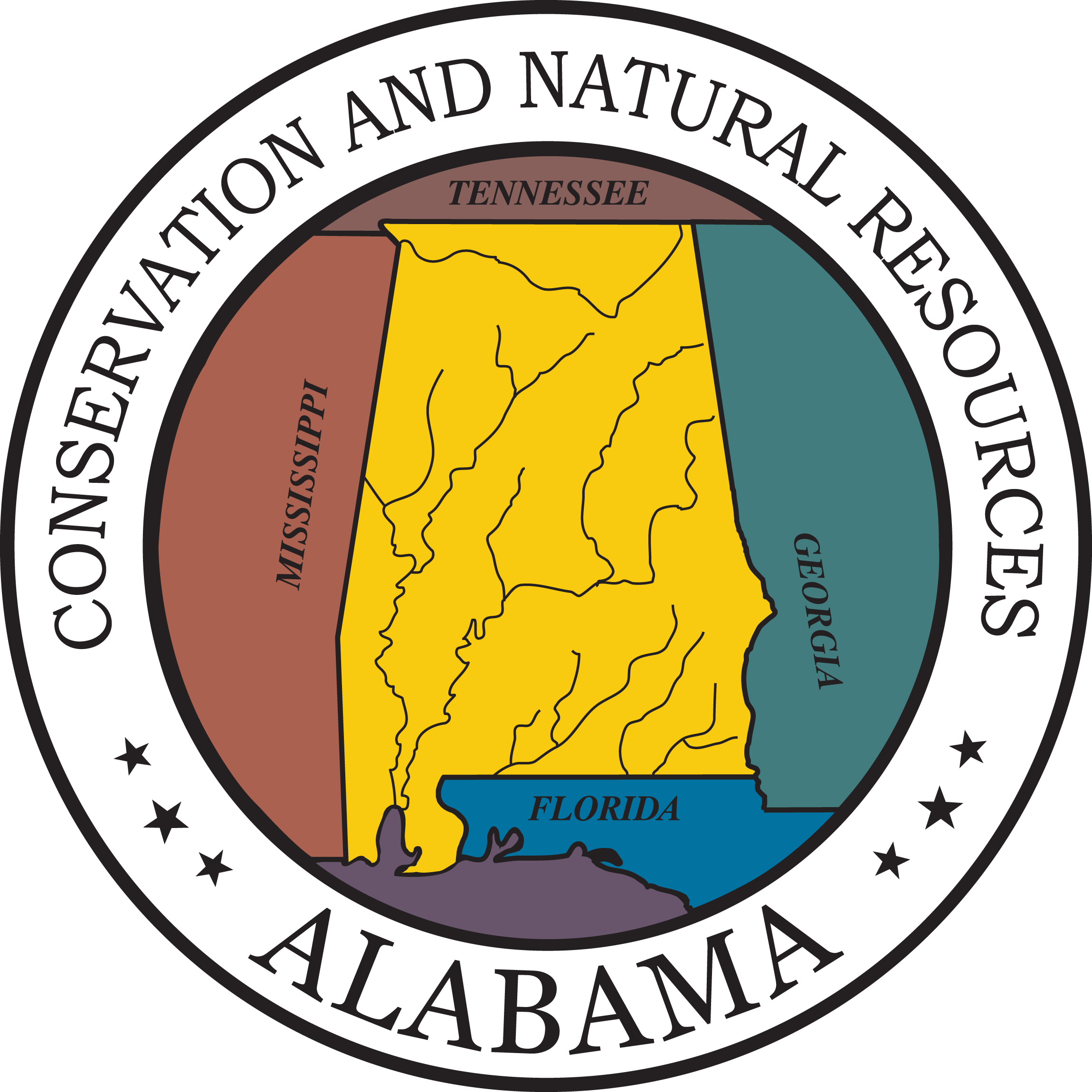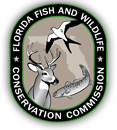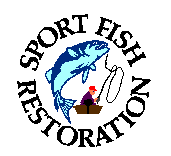
Sport Fish Restoration Administrative Program
History
The Federal Aid in Sport Fish Restoration Act, sponsored by Congressman John Dingell and Senator Edwin Johnson, was enacted in 1950, having been modeled after the Federal Aid in Wildlife Restoration Act, passed in 1937. The Sport Fish Restoration Program (SFRP) proved to be an extremely valuable source of funding for fisheries work important to the states. By the late 1970s, expanded efforts by the states to address fisheries problems and needs began to outpace the availability of funds. Efforts began in 1979 to increase the revenues collected through the program. By 1984, sufficient support was garnered to allow passage of an amendment to the Sport Fish Restoration Act, sponsored by Senator Malcomb Wallop and then-Congressman John Breaux. That amendment provided for a three-fold increase in revenues under the Act in its first year, amounting to $122 million. Currently, revenues to the Aquatic Resources continue to increase, which is a testament to the lasting popularity of recreational fishing. As of 2014, the Sport Fish Restoration program had provided about $8 billion in funds to states to support eligible activities.
A user pays/user benefits approach is the key element of the Wallop-Breaux Program. The program pledges the transfer of fishing and boating excise taxes and motorboat gas taxes (user pays) to the improvement of boating and fishing programs (user benefits). The user pays/user benefits approach has sustained public support for the program because the taxes paid lead directly to improved fishing and boating. Beyond the user pays/user benefits concept, two other features of the Wallop-Breaux legislation are particularly important for Gulf of Mexico fisheries programs. The first concerns the split of funds between marine and freshwater projects within coastal states. Project expenditure requirements, which are based on the amount of angler participation in different fisheries, provide for an equitable distribution of funds between freshwater and saltwater projects in coastal states. These expenditure requirements emphasize the importance of marine recreational fisheries and the vital role that the states play in marine fisheries conservation.
The second feature of the Wallop-Breaux legislation that is important for marine fisheries allows for the use of administrative funds and cooperative grants to develop multi-state sport fish restoration projects. This multi-state project option is pertinent to Gulf sport fisheries because the great majority of these fisheries are based on migratory species which cross state and federal boundaries. In particular, special projects carried out through interstate compacts such as the Gulf States Marine Fisheries Commission (GSMFC) and funded under the administrative portion of the program have been of great benefit to the states in the management of these interjurisdictional fishery resources.
Activities
When the GSMFC Sport Fish Restoration Administrative Program (SFRP) began in 1987 it focused on three major program components, Anadromous fish restoration, artificial reefs, and fisheries data, all of which supported interstate fisheries management. As these individual components developed and expanded, the fisheries data portion became a new and separate program within the GSMFC called the Fisheries Information Network (FIN) and the Anadromous Fish component was incorporated into the GSMFC Interjurisdictional Fisheries Program (IJF).
Beginning in 1996, the Program begun to coordinate fishery habitat activities and started working cooperatively with the Gulf of Mexico Program. In 2002, the SFRP also began to address issues related to nonindigenous/invasive aquatic species. The SFRP coordinator also provides coordination for the Aquatic Invasive Species Program which includes oversight of the Gulf and South Atlantic Regional Panel on Aquatic Invasive Species (GSARP) and participation in the National Aquatic Nuisance Species Task Force. These are program areas in which each Gulf State has ongoing activities. By combining the expertise from the states and appropriate federal agencies on working committees, issues and project activities of common interest among all the agencies can be addressed in a broader and more long-term fashion.
More Information
If you need additional information concerning this program, please contact James Ballard at the GSMFC office at (228) 875-5912 or via e-mail.

